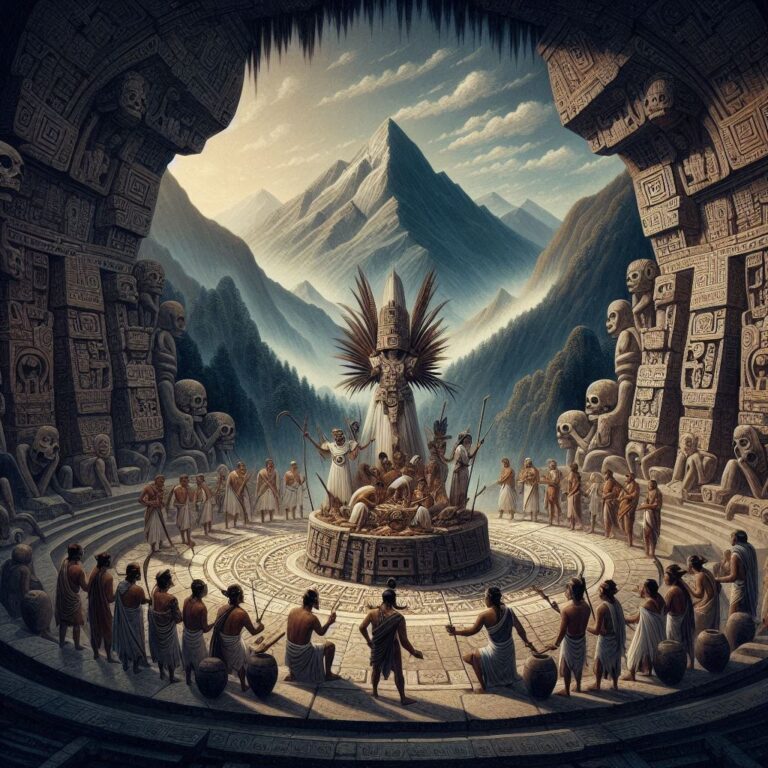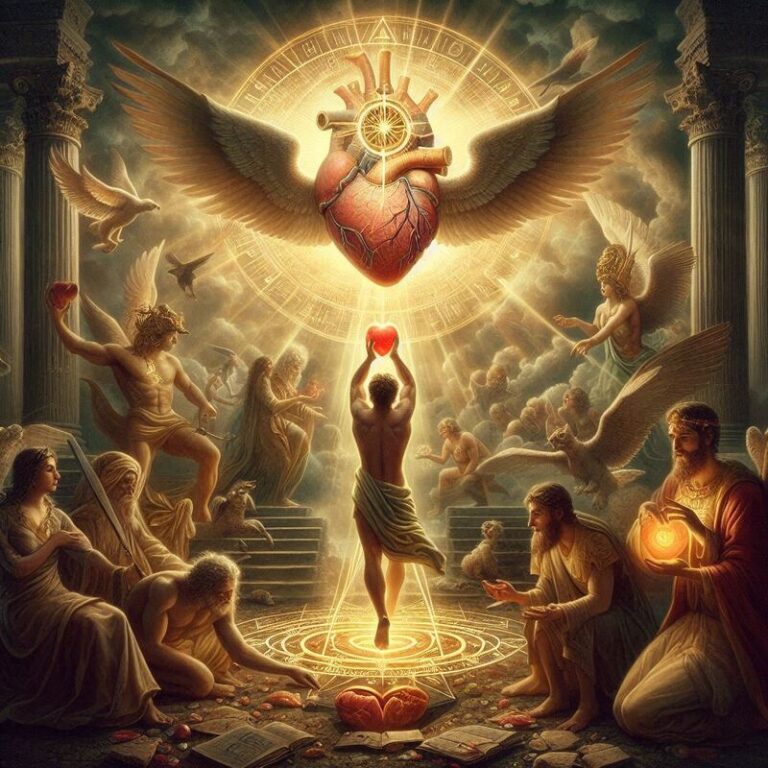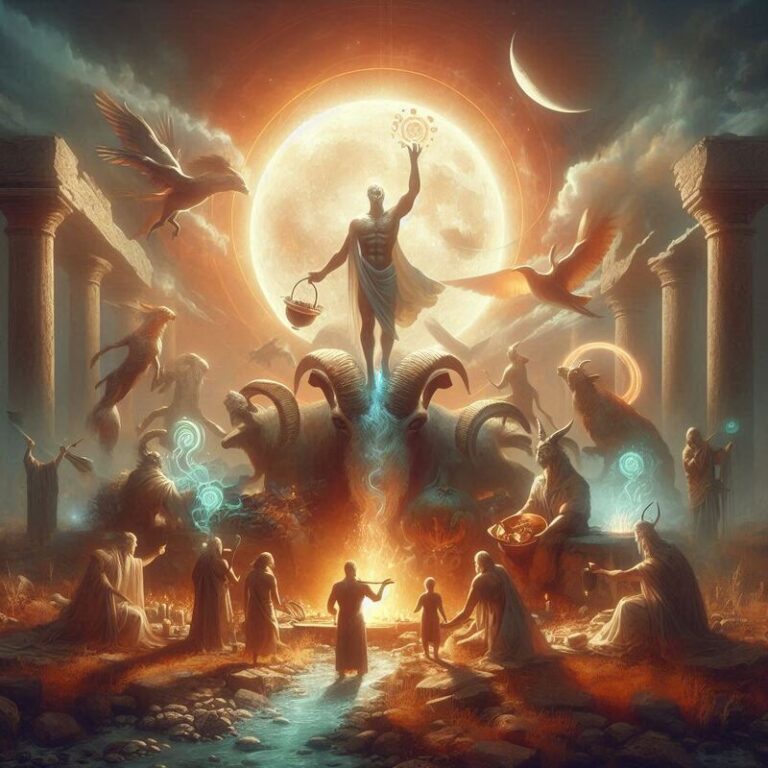The Role of Sacrifices in Ancient Mythology
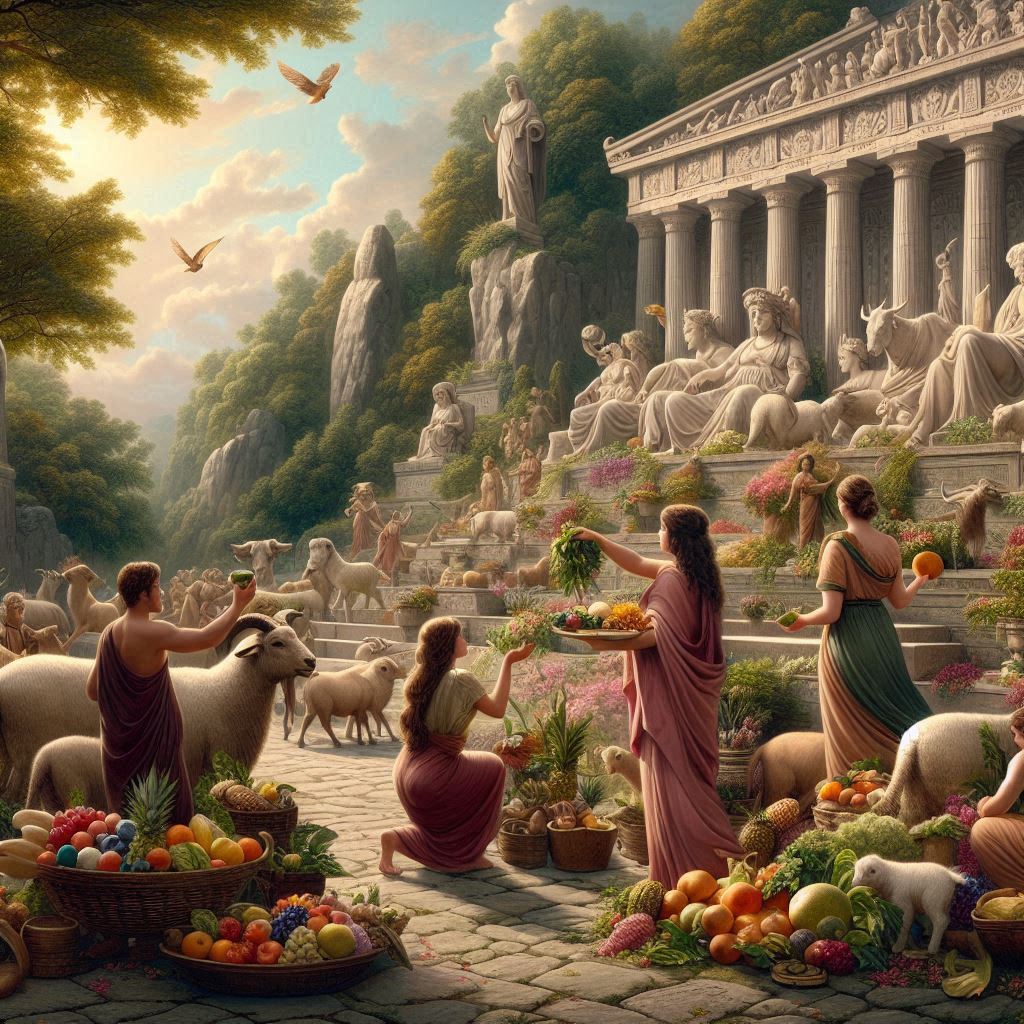
The Role of Sacrifices in Ancient Mythology
The Role of Sacrifices in Ancient Mythology
Sacrifices have played a pivotal role in the religious and cultural practices of ancient civilizations. Across diverse mythologies, the act of sacrifice served as a vital conduit between mortals and the divine, embodying themes of devotion, appeasement, and the cyclical nature of life and death. From the grand temples of Greece and Rome to the sacred groves of the Celts, the concept of offering something valuable to the gods permeated every facet of ancient life.
The Concept and Purpose of Sacrifice
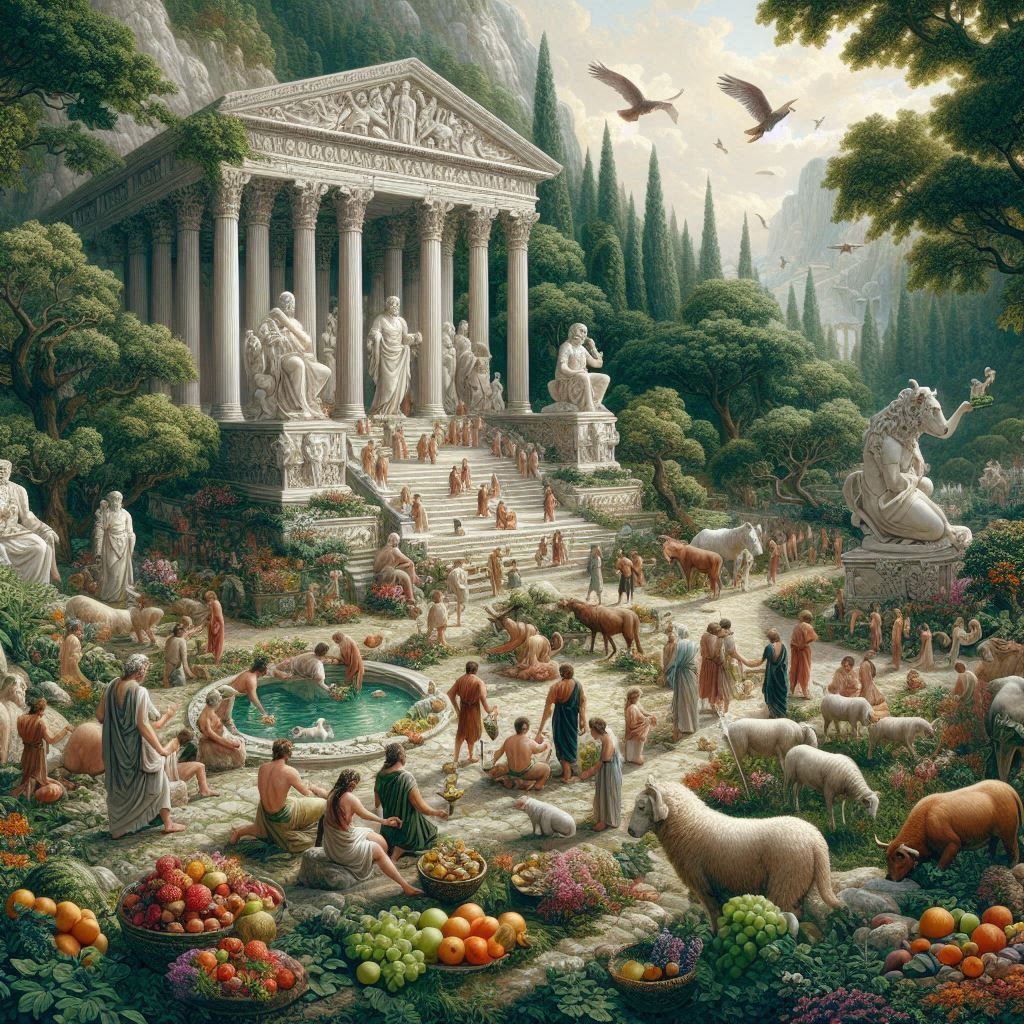
At its core, sacrifice in ancient mythology was an act of giving something of value to the gods in exchange for favor, protection, or atonement. This exchange was rooted in the belief that the gods wielded control over natural forces and human destiny. By offering sacrifices, people sought to maintain harmony with the divine, ensuring prosperity, fertility, and stability in their communities.
Sacrifices varied greatly depending on the culture, deity, and purpose. Common offerings included animals, agricultural produce, and libations. However, in times of extreme need or to demonstrate exceptional devotion, human sacrifices were also performed. These acts were not taken lightly; they were seen as profound demonstrations of piety and desperation.
The Role of Sacrifices in Ancient Mythology
Sacrifices in Greek Mythology
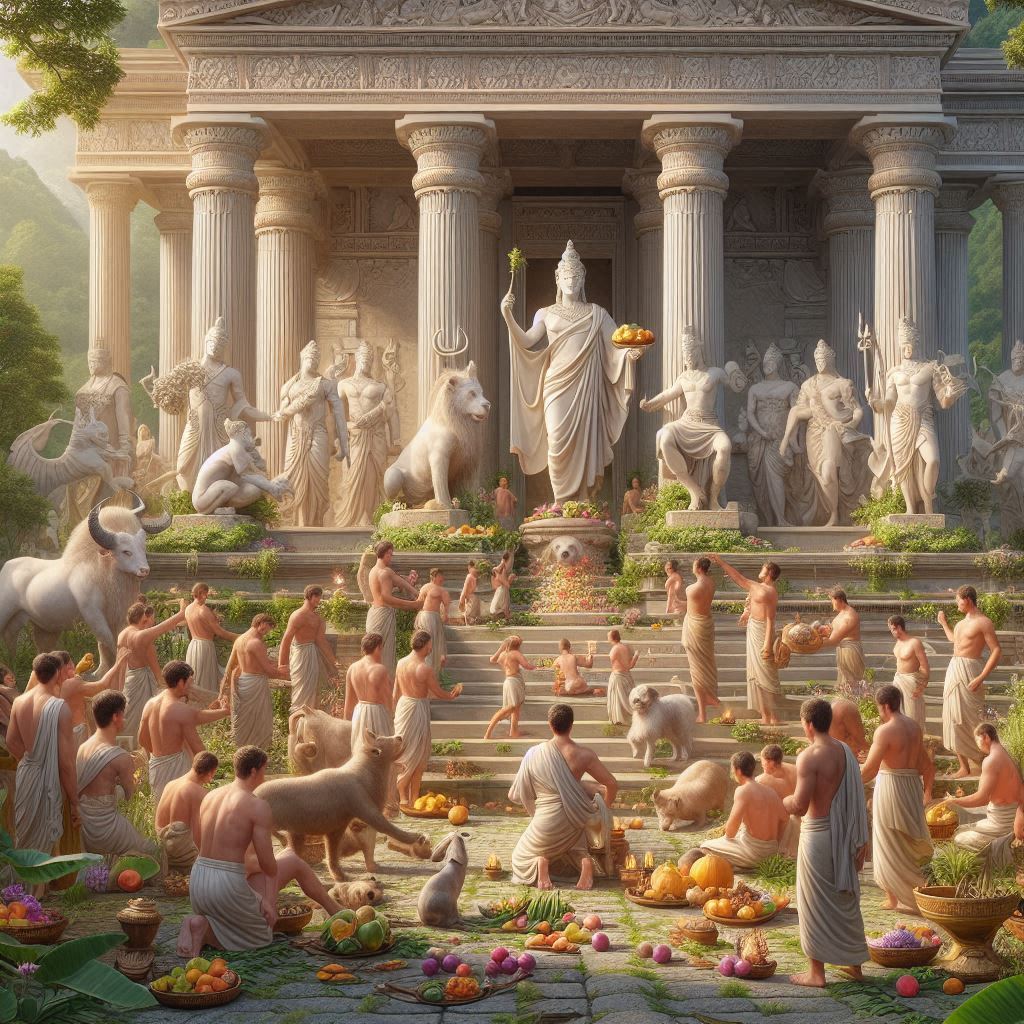
Greek mythology is rich with examples of sacrifices, which were integral to their religious practices. The gods of Mount Olympus were believed to be capricious and powerful, requiring regular offerings to ensure their goodwill. One of the most well-known stories involves the sacrifice of Iphigenia by her father, King Agamemnon. According to myth, Agamemnon was commanded by the goddess Artemis to sacrifice his daughter to secure favorable winds for the Greek fleet heading to Troy. This tale underscores the belief that divine favor was paramount, even at great personal cost.
Animal sacrifices, particularly of bulls, were common in Greek rituals. These ceremonies, known as hecatombs, involved the slaughter of one hundred cattle and were performed during significant festivals such as the Olympic Games. The smoke from the burnt offerings was believed to ascend to the heavens, pleasing the gods and ensuring their continued support.
Roman Sacrificial Practices
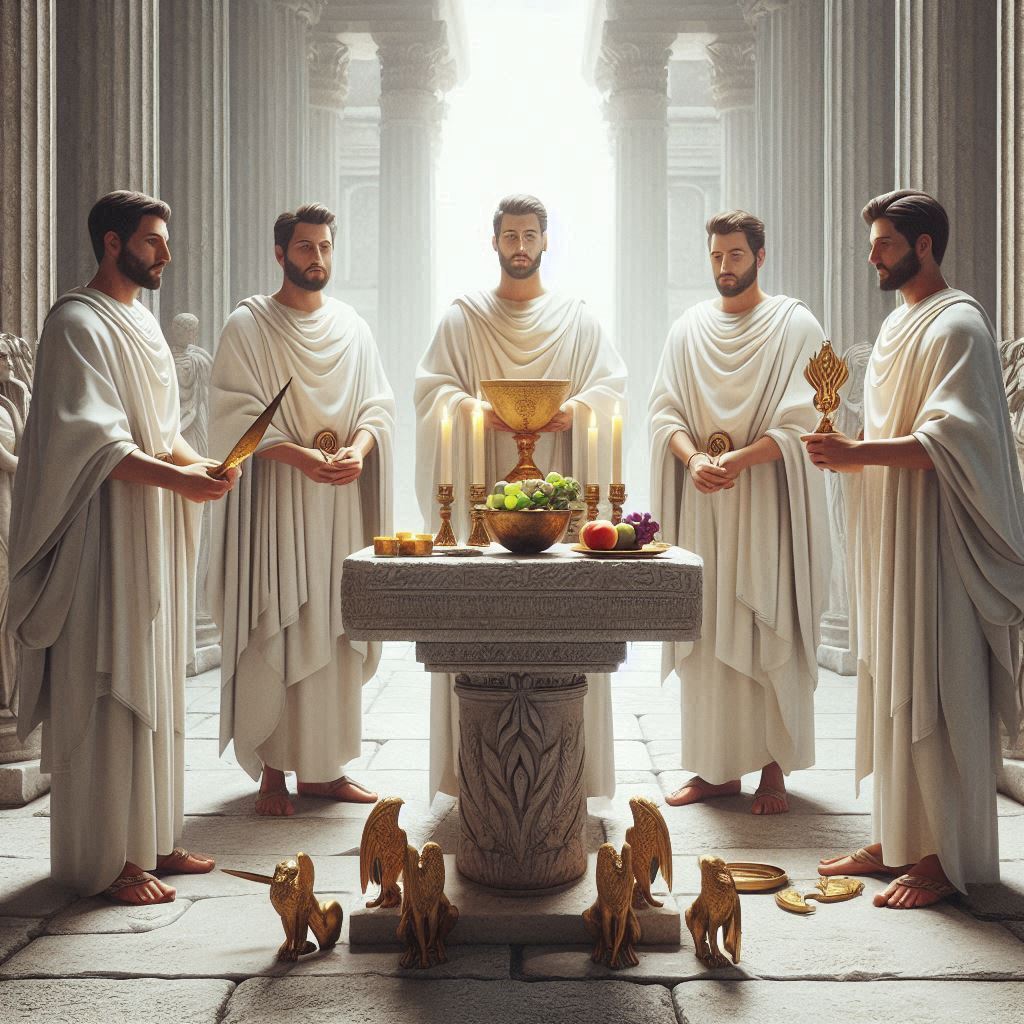
The Role of Sacrifices in Ancient Mythology
In Roman mythology, sacrifices were equally significant and meticulously regulated. The Romans believed in a complex pantheon of gods and spirits, each governing different aspects of life and requiring specific rituals to be appeased. The ritual of the suovetaurilia involved the sacrifice of a pig, a sheep, and a bull to purify land or people, reflecting the Romans’ desire for order and harmony.
One notable instance of Roman human sacrifice is the legend of the devotio. In this ritual, a Roman general would vow to sacrifice himself and the enemy’s army to the gods in exchange for victory in battle. The general would ride into the enemy ranks, offering his life to the deities of the underworld, thus securing divine favor for his troops. This act of ultimate sacrifice emphasized the Roman values of duty, honor, and the supremacy of the state over individual life.
The Aztec Cult of Sacrifice
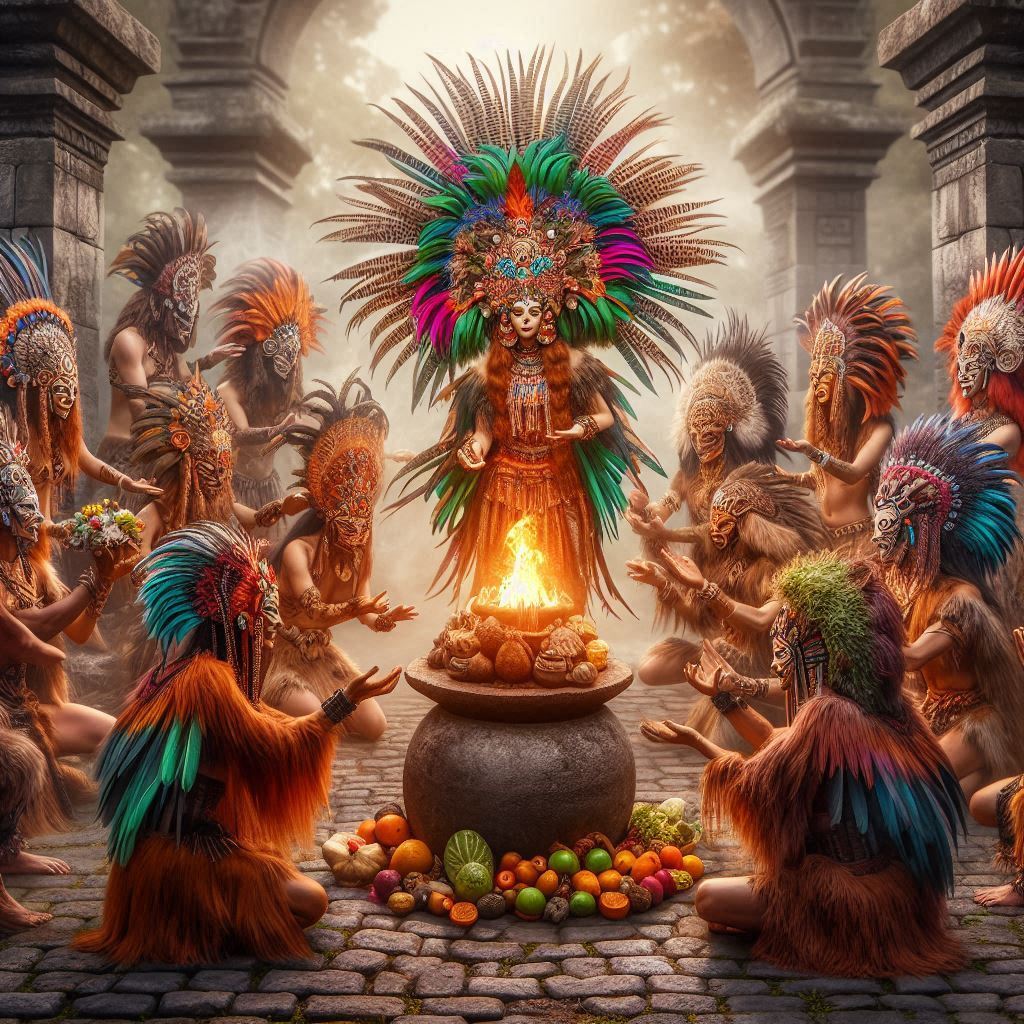
The Role of Sacrifices in Ancient Mythology
The Aztecs of Mesoamerica are perhaps the most renowned for their practice of human sacrifice. Aztec mythology centered around the belief that the sun god, Huitzilopochtli, required regular nourishment in the form of human blood to sustain the cosmos. This belief drove the Aztec practice of capturing prisoners of war and offering their hearts to the gods atop great pyramids.
The ceremony of Toxcatl, dedicated to the god Tezcatlipoca, involved the selection of a young man to embody the deity for a year. He was treated with great honor and luxury, but at the end of the year, he was sacrificed, symbolizing the god’s death and rebirth. This ritual highlighted the Aztec view of life as a cyclical process, where death was essential for the continuation of life.
Sacrifice in Hindu Mythology
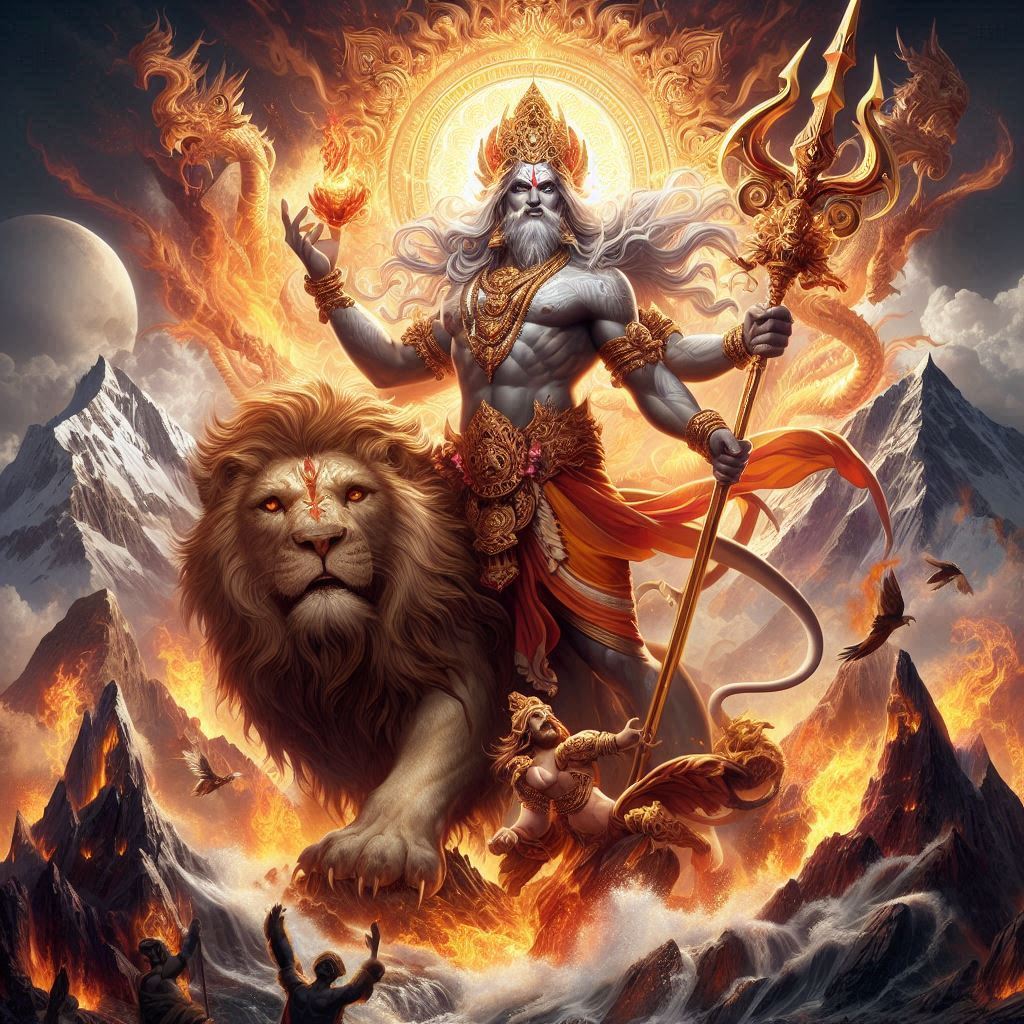
The Role of Sacrifices in Ancient Mythology
Hindu mythology also places a significant emphasis on sacrifices, known as yajnas. These rituals, often involving the offering of ghee, grains, and soma (a sacred plant), were performed to maintain the balance of the universe and ensure the favor of the gods. The Rigveda, one of Hinduism’s oldest texts, describes elaborate fire sacrifices conducted by priests to invoke various deities.
The myth of Purusha, a cosmic being whose body was sacrificed to create the world, encapsulates the Hindu belief in the transformative power of sacrifice. According to the Rigveda, Purusha’s body parts became the different classes of society, the sun, moon, and other elements of the cosmos. This myth illustrates the idea that creation itself is an act of divine sacrifice, underscoring the interconnectedness of life and the universe.
The Role of Sacrifices in Ancient Mythology
Sacrificial Rites in Celtic Mythology
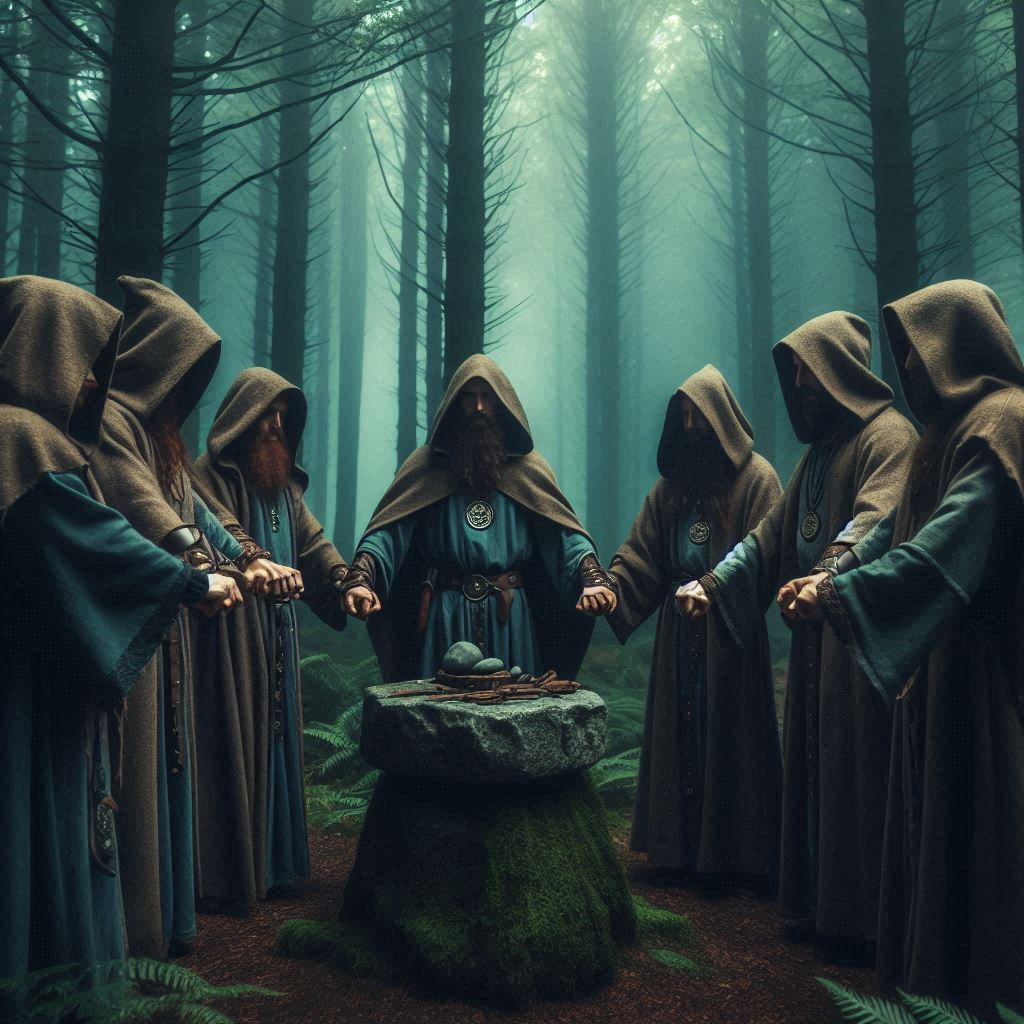
The Celts, known for their deep connection to nature and the spiritual world, practiced sacrifices to honor their gods and ancestors. Celtic mythology speaks of the sacrificium, a ritual involving the offering of animals, crops, and occasionally humans to deities such as Lugh, the god of light, and Cernunnos, the horned god of the forest.
The Celtic festival of Samhain, which marked the end of the harvest season and the beginning of winter, involved rituals to appease the spirits of the dead. Bonfires were lit, and animals were sacrificed to ensure protection from malevolent forces. The Celts believed that during Samhain, the veil between the worlds of the living and the dead was thinnest, making sacrifices necessary to maintain balance and harmony.
The Role of Sacrifices in Ancient Mythology
Conclusion
The role of sacrifices in ancient mythology is a testament to humanity’s enduring quest to understand and influence the divine. These rituals, whether involving animals, crops, or even humans, were seen as vital acts of communication and exchange with the gods. They reflected the values, fears, and aspirations of ancient societies, emphasizing themes of devotion, reciprocity, and the cyclical nature of existence.
Through sacrifices, ancient peoples sought to ensure the favor of their gods, maintain cosmic balance, and secure the well-being of their communities. These practices, steeped in symbolism and reverence, offer profound insights into the spiritual lives of our ancestors and the timeless human desire to connect with the divine.
